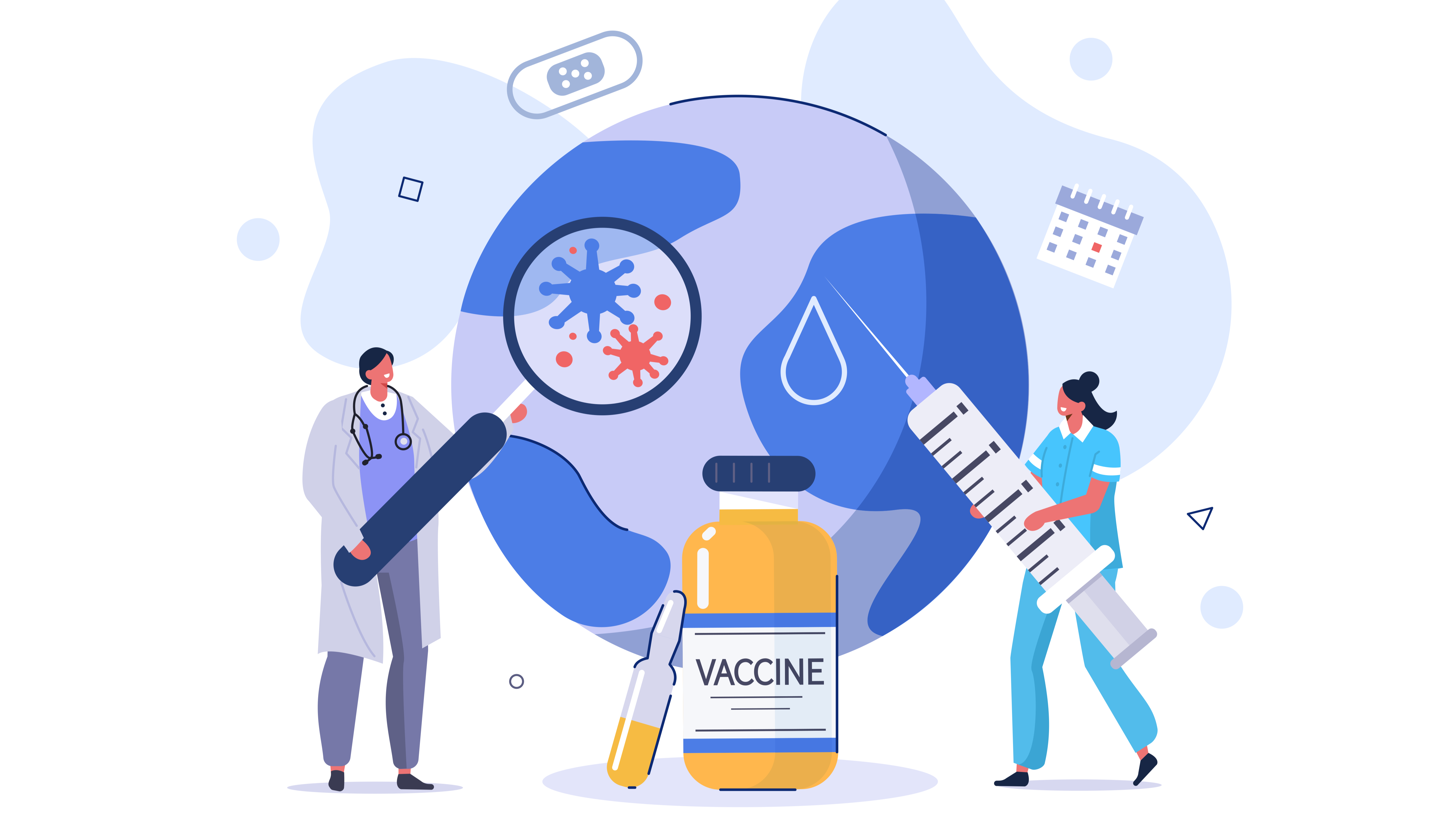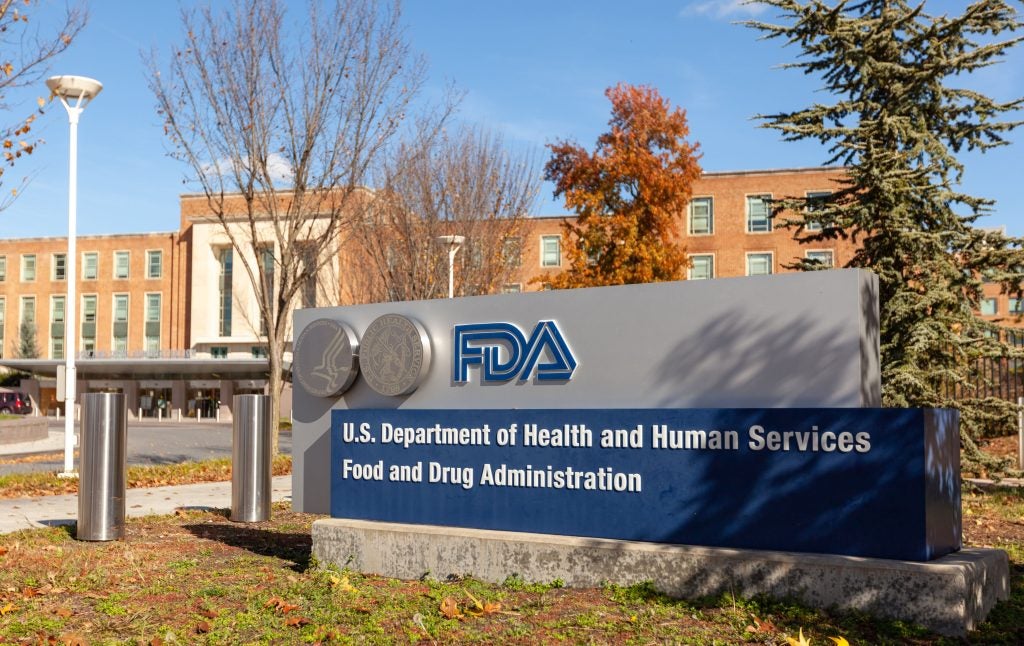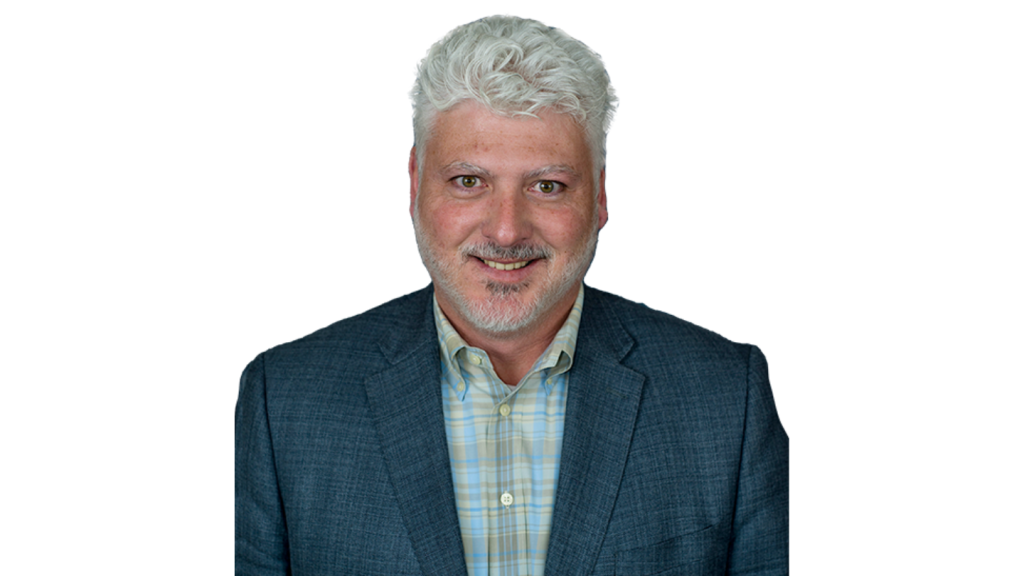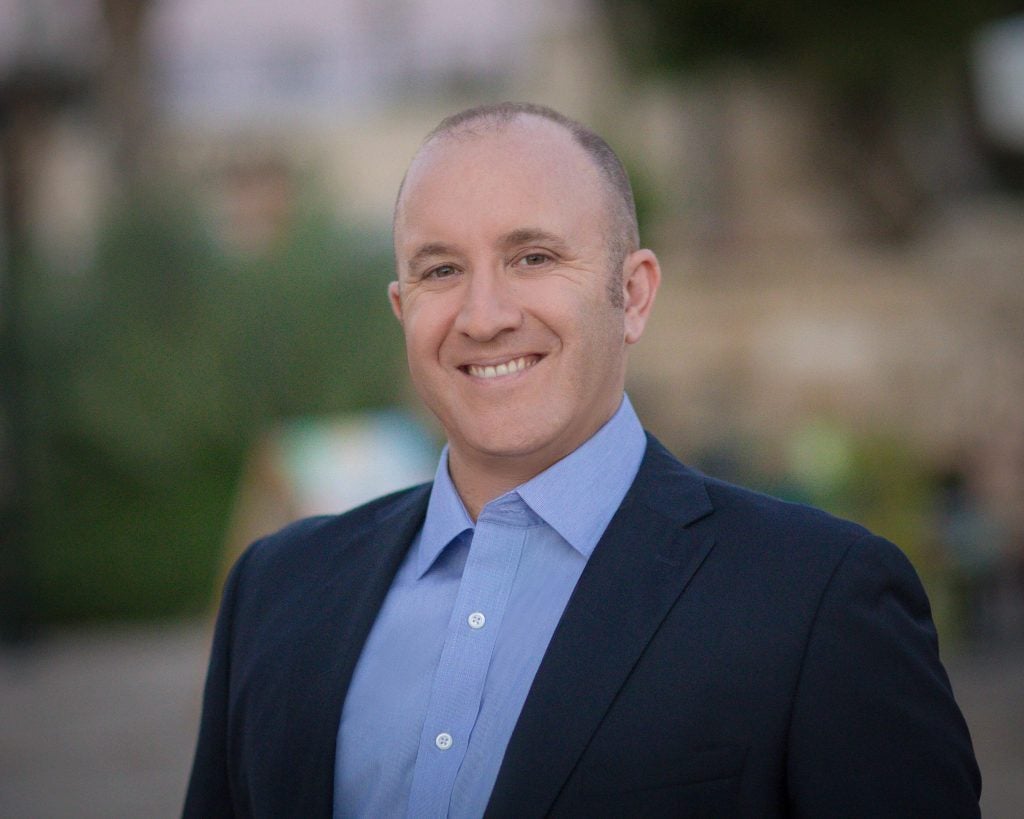
From the Covid-19 pandemic to wars to natural disasters, the medical industry has faced a turbulent five years. In places where clinicians are struggling to provide basic medical care, many would think clinical trials are last on the list of essential services. If every clinical trial stopped during an emergency, it would be very difficult for sponsors to bring new drugs to market. Therefore, being able to keep trials operating during times of disaster is essential.
The US Food and Drug Administration (FDA) released guidance in September 2023 on how sponsors should conduct trials during turbulent times, following on from confusion about what should be done with trials during the pandemic.

US Tariffs are shifting - will you react or anticipate?
Don’t let policy changes catch you off guard. Stay proactive with real-time data and expert analysis.
By GlobalDataDave Bowser, chief operating officer of contract research organisation (CRO) Worldwide Clinical Trials says that sponsors have had ways to amend trials when there have been disasters but as everyone suffered such a big impact during the pandemic, agencies have had to make sure sponsors know what changes are acceptable and what changes are not.

“Disruption happens regularly in clinical trials. Before the guidance, we had tools to manage that but nothing was ever as impactful as the pandemic and with the potential future of pandemics. I don’t think that the guidance would have come out without Covid-19 but it’s great that the guidelines are out now,” Bowser says.
According to the AI Hub on GlobalData’s Pharmaceutical Intelligence Centre, there was a peak of 1,265 disrupted trials in June 2020, impacting almost 1,000 companies. As of the end of June 2021, just over 1,000 trials were still disrupted, the majority being Phase II or oncology trials. GlobalData is the parent company of Clinical Trials Arena.
During the pandemic, regulators, sponsors, CROs and sites had to work together to keep trials running while ensuring the quality of the trial and data was not compromised.
New guidance builds upon learning from Covid-19
The FDA guidance named “considerations for the conduct of clinical trials of medical products during major disruptions due to disasters and public health emergencies” discusses the ways in which those involved in trials can overcome a variety of barriers. The guidance informs sponsors to make considerations dependent on the necessity of the trial, the ability to provide patients with an investigational product (IP), changing trial design while keeping the integrity of the trial and most importantly, ensuring patient safety.
“It’s not so directive that it makes it impossible but you know what to do while having some flexibility. I think it is a good balance,” Bowser says. “Each sponsor has their own level of risk tolerance for whether or not they would want to continue and the guidance is up to us to interpret that.”

The FDA states that the main consideration should be patient safety and if that cannot be assured then participation should be suspended or terminated. “Ensuring the safety of trial participants is paramount,” the guidance reads. “Sponsors should consider above all whether participants can safely continue in the trial, including necessary modifications and risk mitigation steps to ensure safety.”
The new guidance is an extension of the FDA’s guidance released at the start of the pandemic. Speaking in a public webinar on 19 October 2023 about the new guidance, professor of medicine and cardiology at Duke University, John Alexander says that the guidance will help all stakeholders in trials.
“Sponsors, investigators, CROs, coordinating centres, sites, and patients all have to make decisions about prioritisation,” Alexander says. “All of these organisations have not always aligned objectives and priorities so having a strategy pre-existing is really valuable.”
One point which was raised multiple times during the webinar was the need for flexibility in trial protocols so that should a disaster occur, changes can be made quickly and easily. “Depending on the trial and depending on the protocol, building that flexibility in would certainly have benefits for the next public health emergency disaster we have. It would also allow flexibility in how we operationalise trials in general,” Alexander adds.
One way to aid flexibility is to allow elements of decentralisation which can also make trials easier for patients to access. Head of clinical trial business capabilities for Bristol-Myers Squibb (BMS), Hassan Kadhim agrees that it makes participation easier but adds it may not always be the best option.
“The most obvious benefit on the sponsor side is reduction in patient burden,” Kadhim explains. “As we design trials, we run it through a set of algorithms and get an index of patient burden. We work with the study teams to reduce that by removing visits, removing procedures, decentralising and so on. Although reduction of patient burden is an obvious benefit, we still have to talk about cost and risk benefit and decentralisation brings both risks and costs.”
Kadhim goes on to say that BMS is yet to see any cost benefit of decentralising but adds that if it speeds up trials, it is beneficial. “If we can reach a point where we can demonstrate decentralising trials or adding flexibility increases ability to recruit and increases speed to complete the trial then acceleration eventually will outweigh the cost, because you’re bringing the therapy far faster to the market,” Kadhim explains. “Depending on how fast we get to that, it might take us a while before we get to the point where the price is on par with doing a traditional trial.”

Elsewhere in the world
The FDA isn’t the only authority to provide guidance over the past year, with the European Medicines Agency (EMA) having also published a document. The guidance is very similar to the FDA’s in that sponsors should first and foremost consider the safety of trial participants when deciding how to proceed.
Both the EMA and FDA raise points about how to keep trials blinded with the EMA asking sponsors to take measures to avoid the risk of ‘mix-up and unblinding’ while the FDA states that ‘if source documents contain unblinded information, controls to protect the study blind should be in place prior to transfer of source documents’.
The EMA guidance also touches on a variety of measures which sponsors can consider, including decentralisation, postponement and cancellation of visits, trials being halted, interruption of patient enrolment, extension of trial duration, postponement in opening sites, closing of at-risk sites and changes in lab tests and analysis. The EMA also asks sponsors to consider whether they can transfer patients, whether that be to another site in the country or to another site in the EU.
“Monitoring always remains a requirement,” the EMA guidance reads, adding, “site monitoring is usually performed on-site; depending on its purpose and suitability it may be performed off-site (remotely).”
The FDA takes a similar approach with its guidance stating: “The regulations are not specific about how sponsors must conduct such monitoring and are therefore compatible with a range of approaches to monitoring that may vary depending on multiple factors. Therefore, certain aspects of site monitoring visits can be done remotely if technically feasible.”
Have sponsors learnt?
In Ukraine, trial activity has been pretty much dormant since the full-scale invasion in February 2022. Dr Roman Fishchuk, who runs Clinical Trials Unit Central City Clinical Hospital of Ivano-Frankivsk City Council in the west of the country, has been left frustrated after losing all new trials despite the area suffering very little conflict. Fishchuk adds that sites prepared, having bought generators and backup batteries for fridges to protect the investigational product (IP) so that they could keep trials operating.

“I don’t understand why the companies do not want to resume their work because emergencies happen every day,” Fishchuk says. “They can be natural disasters like floods, hurricanes, earthquakes, strikes, wars and different conflicts, but we have to be ready for that.”
In Israel, guidance about how to operate trials is set by the Ministry of Health. The ongoing war is not set to have an impact on trial activity according to Mati Gill, CEO of Tel Aviv-based AION labs, stating that the country has contingencies in place.
Gill says that other countries should have contingencies in place, especially after the difficulties faced during the pandemic. “We have a lot of experience and the Ministry of Health has really taken a very bold initiative to be able to maintain research while dealing with times of crisis,” Gill explains. “I believe that most countries should have protocols for how to deal with these types of emergencies like Israel has developed post Covid.”
The Covid-19 pandemic has indeed been a learning moment for sponsors but most of all for agencies who have realised the need for them to clear up any grey areas about trial protocol amendment. Sponsors, of course, do not want to have to make changes to design, move patients to different sites or potentially even remove them from the trial altogether but at least now, they know what they can do and how they can do it to keep trials running efficiently and keep patients safe.







